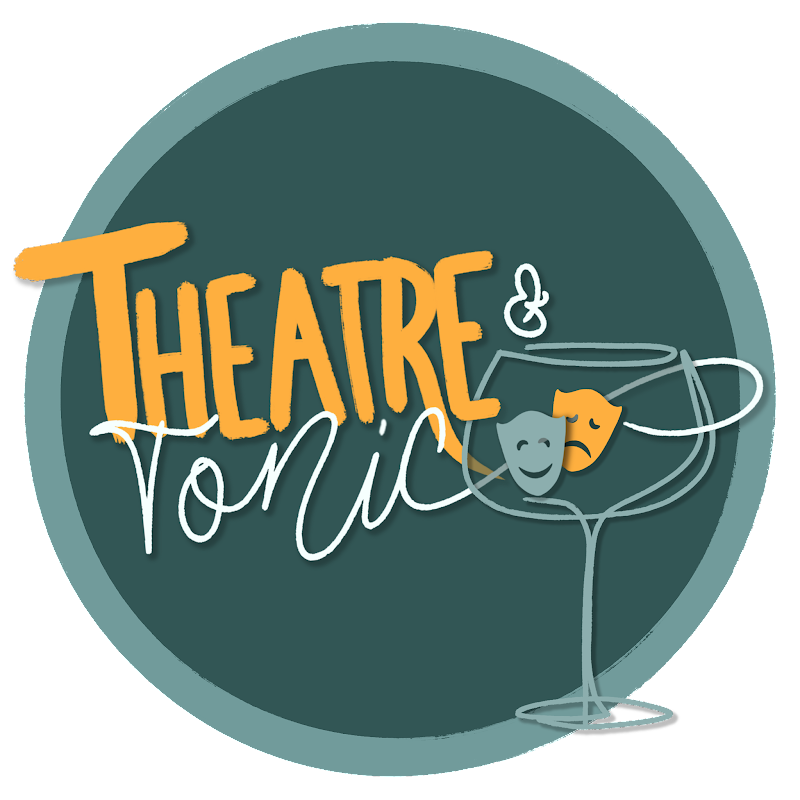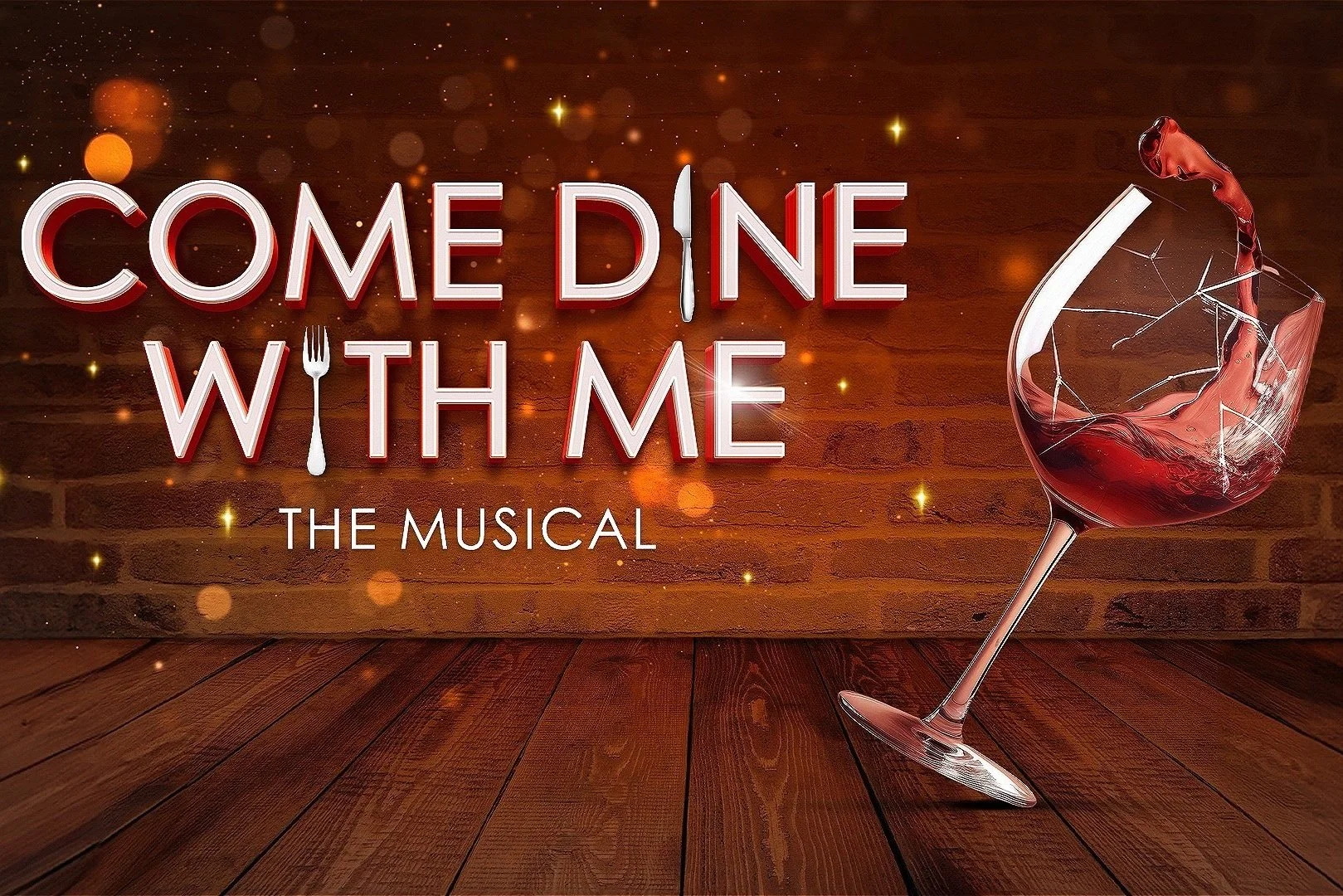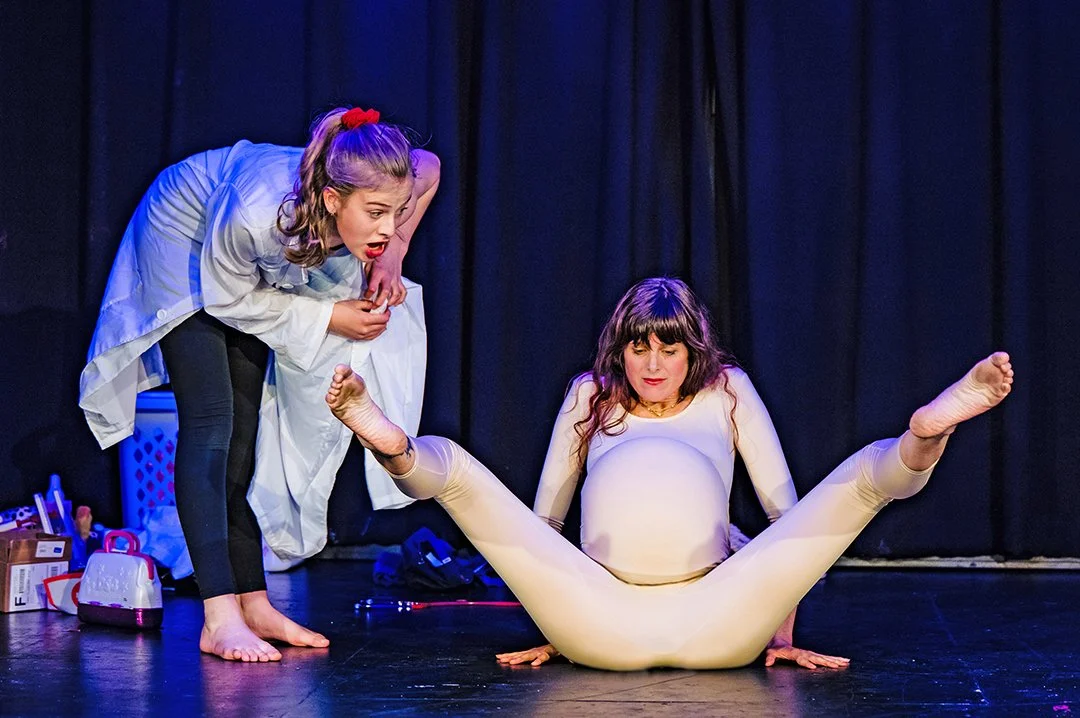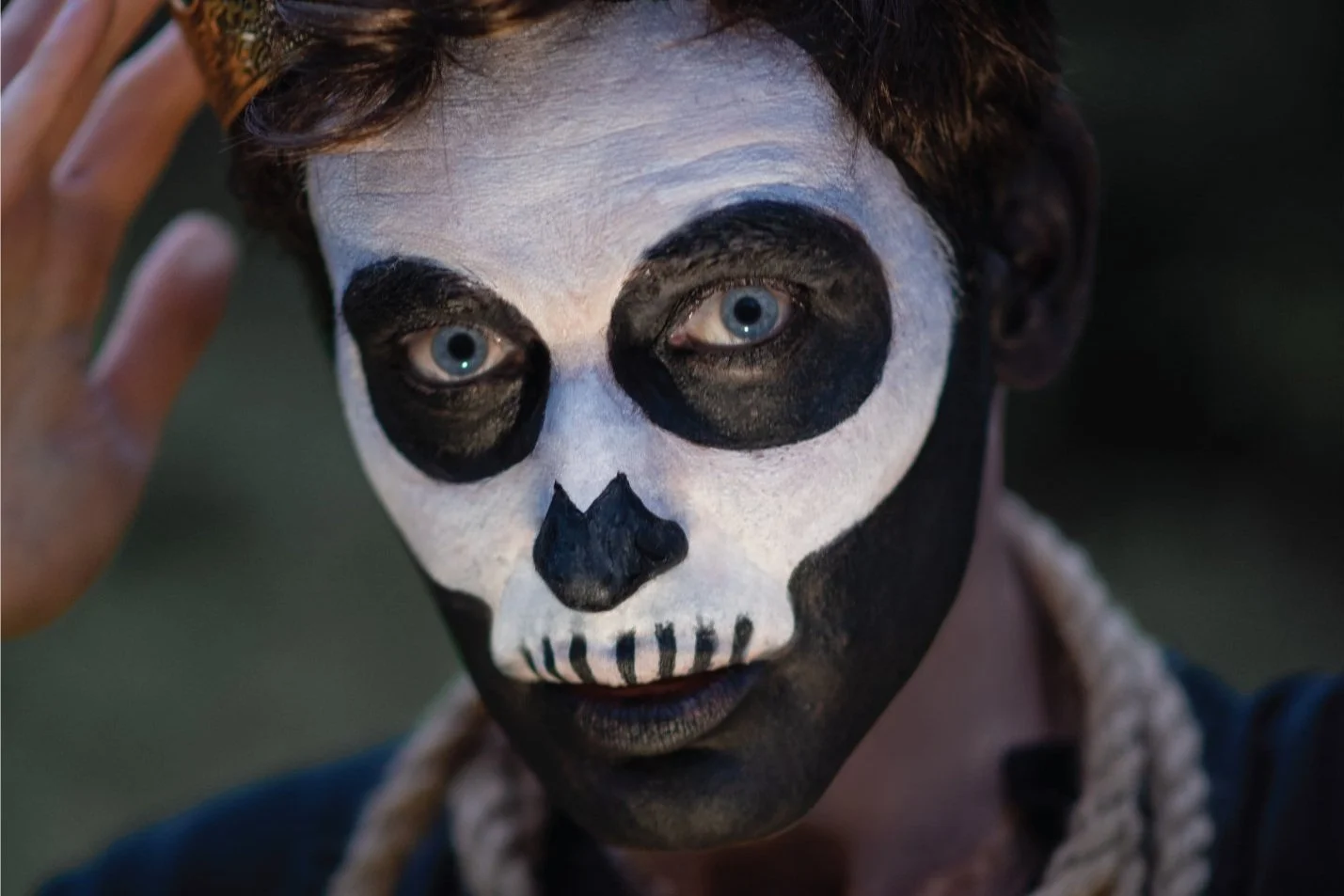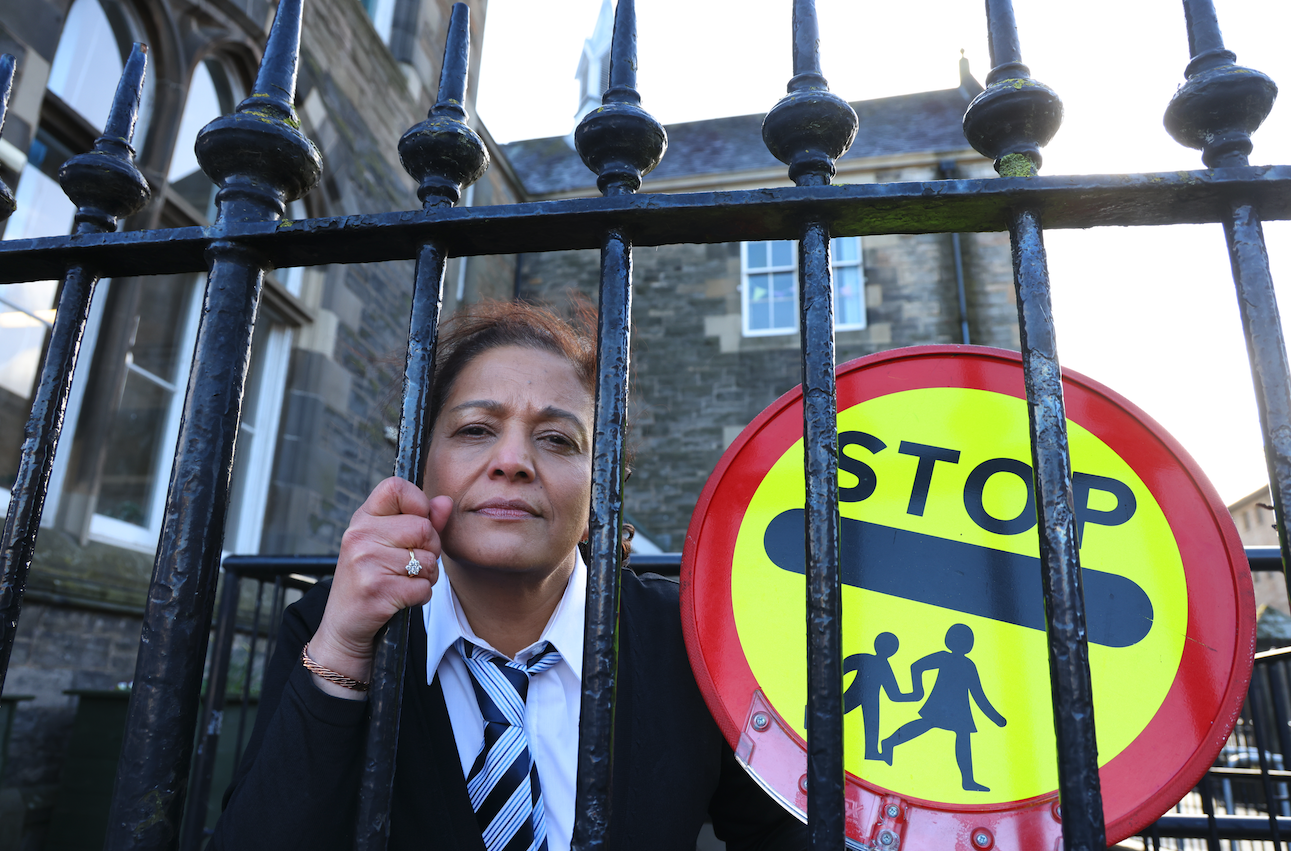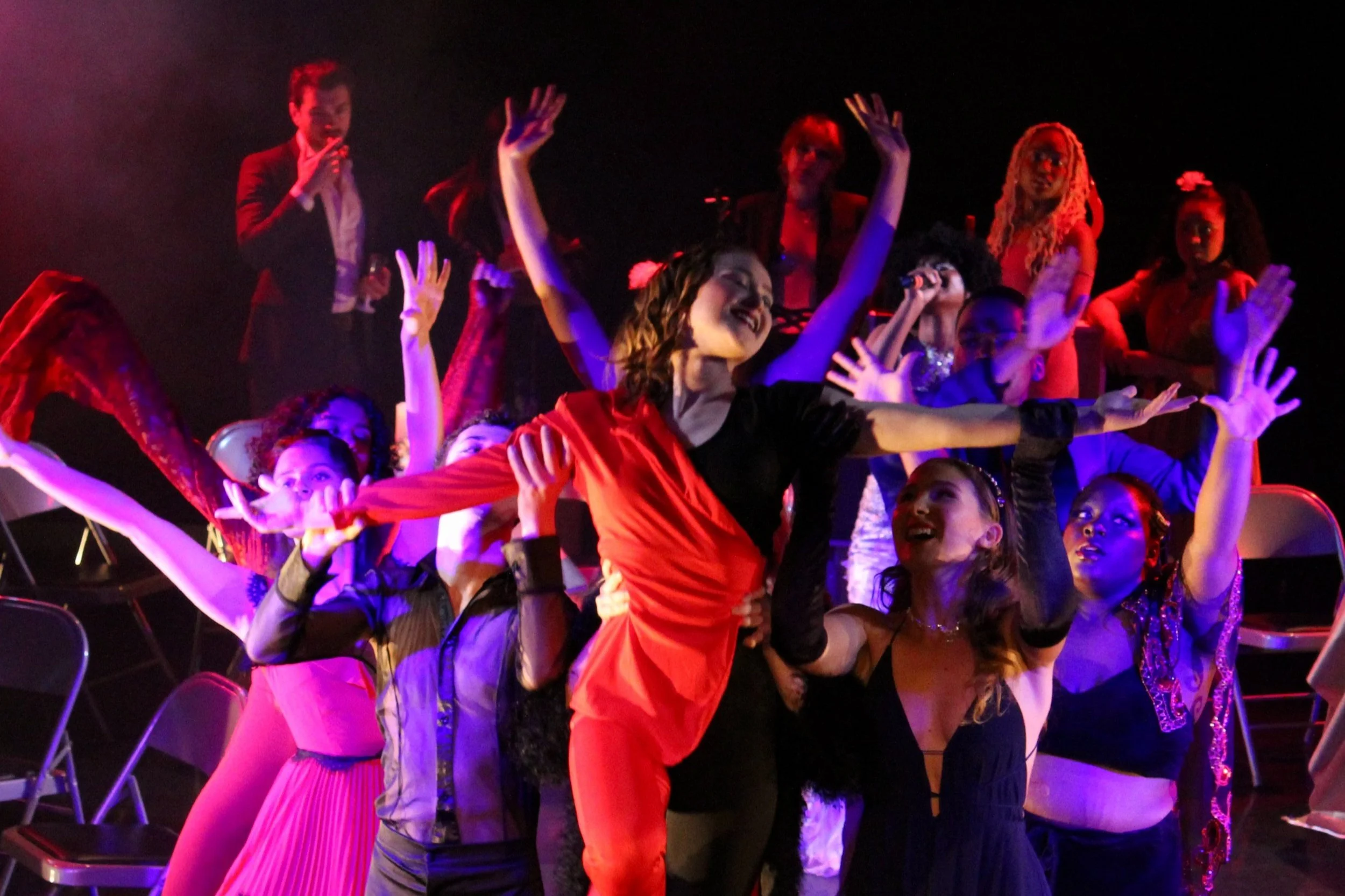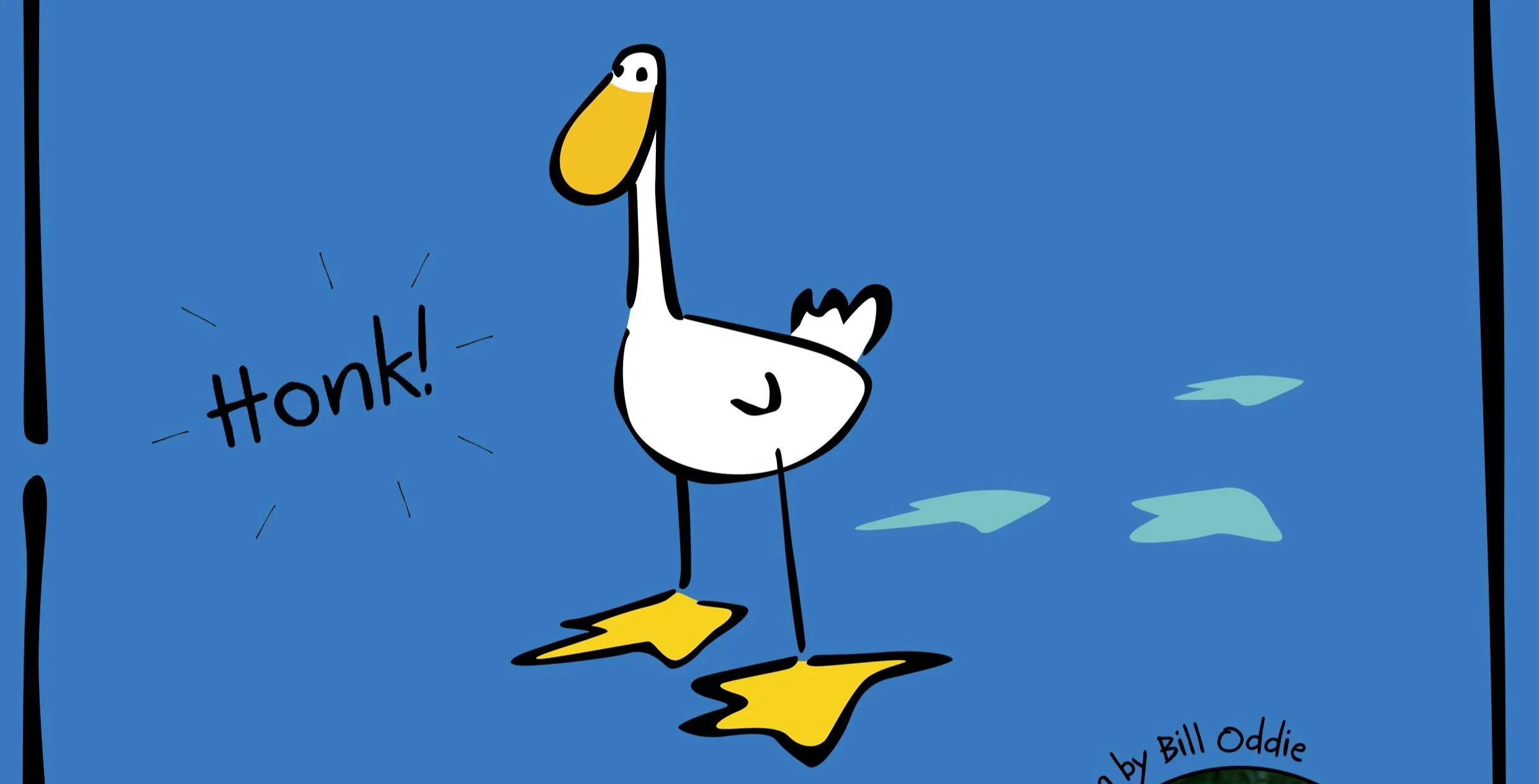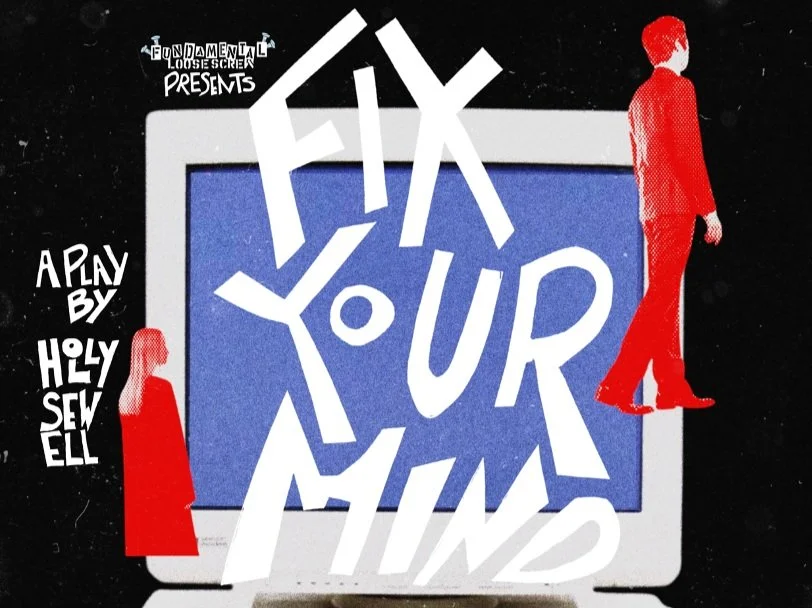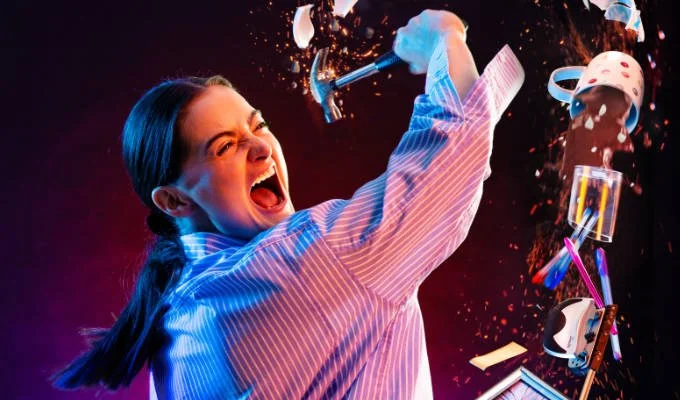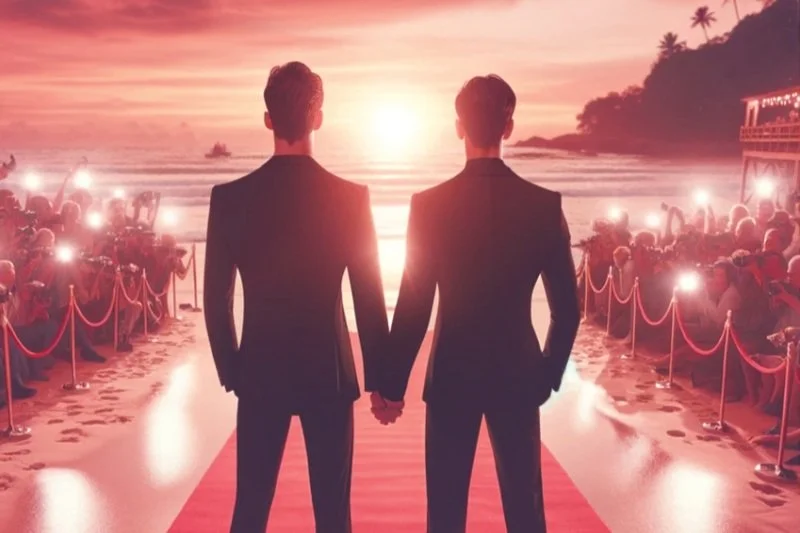Interview: DNA Studio, RTFM Show
Ahead of the Edinburgh Festival Fringe 2024 we’re chatting with a range of creatives who will be heading to the city over August to find out more about their shows. Today we’re chatting with DNA Studio about their show, RTFM Show.
Can you tell us a bit about you and your career so far.
We are DNA studio, a collaborative studio between Dor Frenkel, a physical theatre director, and performer, and Amit Segall, a new media artist and musician. We specialise in creating immersive experiences that questions human behaviours and cultural changes through performance art and interactive new media.
Since 2015, we have been exploring multimedia and interactivity as a tool for pushing the boundaries of art, performance and the immersive experience. We have been creating thought provoking performances with innovative technologies and performed at Rich Mix (London), Contact Theatre (Manchester), Camden’s People’s Theatre (London), OUTERNET (London) and more. We play with narrative, technology and movement to create a new experience of creative-computational-performance.
What is your show, RTFM about?
RTFM (Read The F***ing Manual) is an immersive physical theatre performance based on a real-life experience. It tells the story of a couple trying to assemble an IKEA wardrobe set against the backdrop of war. Through the act of building – their furniture, life and relationship – they discover that even in the darkest moments, there's hope. Audience members take an active role as the supportive community, and respond to prompts from actors, engage in dialogue and physically assist in the wardrobe construction.
We also use innovative 3D sound technology to create an immersive soundscape, allowing sound effects and music to be precisely directed around and towards the audience.
Ultimately, RTFM is about the journey from loss to resilience, focusing on growth and perseverance even in the darkest times. It’s a hopeful piece that highlights the power of building and the support of the community in overcoming adversity.
What was the inspiration for RTFM and what’s the development process been to get to this stage?
In RTFM, we explore the juxtaposition of the need to carry on with everyday tasks in the face of external chaos. This became the driving force behind our creation, fueling our determination to create a hopeful piece centred on the theme of building. Since then, we've been diving deep into themes such as building from loss, the ordinary and the extraordinary, as well as themes of hope and resilience.
As part of our research, we discovered the ‘IKEA Effect,’ where people attribute greater value to furniture they assemble themselves. Through the ups and downs of assembling, the couple in our story discovers that their bond grows stronger with each step, reinforcing the idea that sometimes, the greatest value lies in the effort we put into creating and nurturing something of our own.
We utilised the IKEA manual as a narrative framework, crafting a storyline around the couple's efforts to assemble a wardrobe, which became a metaphor for their relationship and resilience. Throughout rehearsals, we focused on engaging the audience by integrating interactive elements. This includes opportunities for the audience to respond to prompts and assist with the wardrobe construction, making them active participants in the story.
As a studio that loves exploring technical integration, we were particularly excited to introduce a new immersive sound experience in this production. Our cutting-edge 3D audio setup not only enhances the immersive experience for the audience but also transports them directly into the heart of the story, making them feel like integral participants in the unfolding narrative.
What made you want to take RTFM to the Fringe?
We wanted to take RTFM to the Edinburgh Fringe Festival because it's the perfect platform to showcase innovative and experimental theatre. The festival's reputation for celebrating bold and cutting-edge work aligns with our vision for RTFM, which incorporates innovative technology and audience engagement techniques that are thought provoking and challenge traditional theatrical conventions.
Apart from seeing RTFM, what’s your top tip for anybody heading for Edinburgh this summer?
Apart from seeing RTFM, our top tip for anyone heading to Edinburgh this summer is to explore the city. Make sure to wander around the Royal Mile, visit the beautiful Edinburgh Castle, and take a hike up Arthur's Seat for stunning views of the city. Embrace the spirit of discovery and spontaneity that the Fringe Festival embodies, and you'll have an unforgettable experience.
Why should people book RTFM?
Imagine this: you step into the theatre, and you're not just a spectator—you're part of the story, you are the neighbour from flat 4 seeing your couple neighbours from flat 7 carrying a wardrobe, will you give them a hand? That's what RTFM is all about. It's an immersive experience where every sound, every emotion, feels real. You are right there with us, building something incredible together and overcoming obstacles. You can choose if you want to just watch but you are encouraged to participate, engage, and connect. Through our innovative use of technology and heartfelt storytelling, we invite you to explore themes of resilience, hope, and the power of human connection. It's an experience that stays with you long after you leave the theatre.
When and where can people see RTFM?
Edinburgh Fringe Performance Details: 2 – 10 August, 2pm. Venue: Greenside @Riddle's Court, Willow Studio.
Ticket link: https://tickets.edfringe.com/whats-on/rtfm-read-the-f-ing-manual
London preview shows: Friday 26 July 19:30 and Saturday 27 July 14:00 At Tramshed Theatre 51-53 Woolwich New Road London SE18 6ES.
RTFM was created by (Original concept, Directed, Movement, Original Music, Sound design and Technology, Production): DNA Studio
Performed by: Philip Honeywell and Helena Harrison
The show is supported by the Keep It Fringe Fund, Tramshed Theatre and IKEA.
